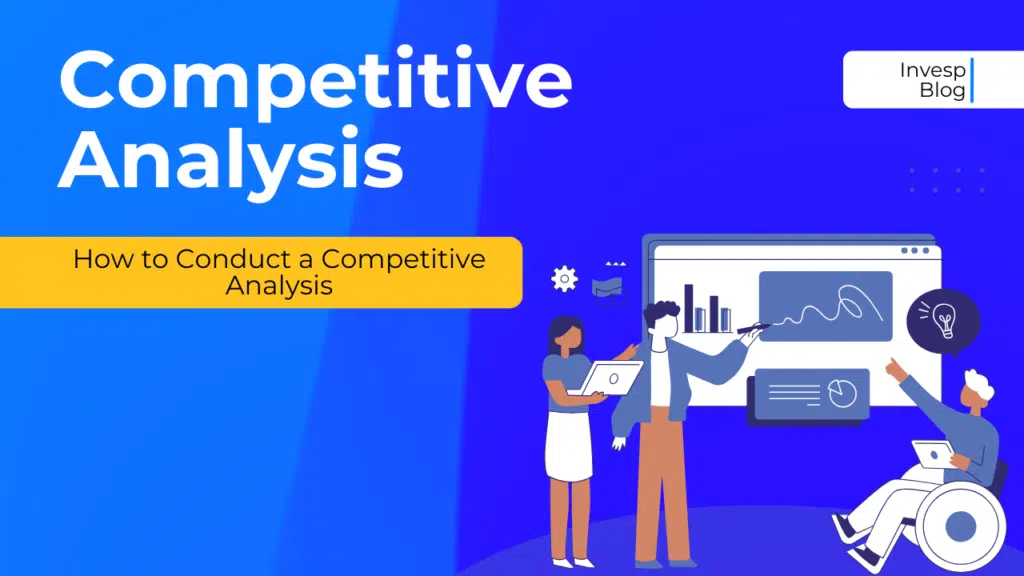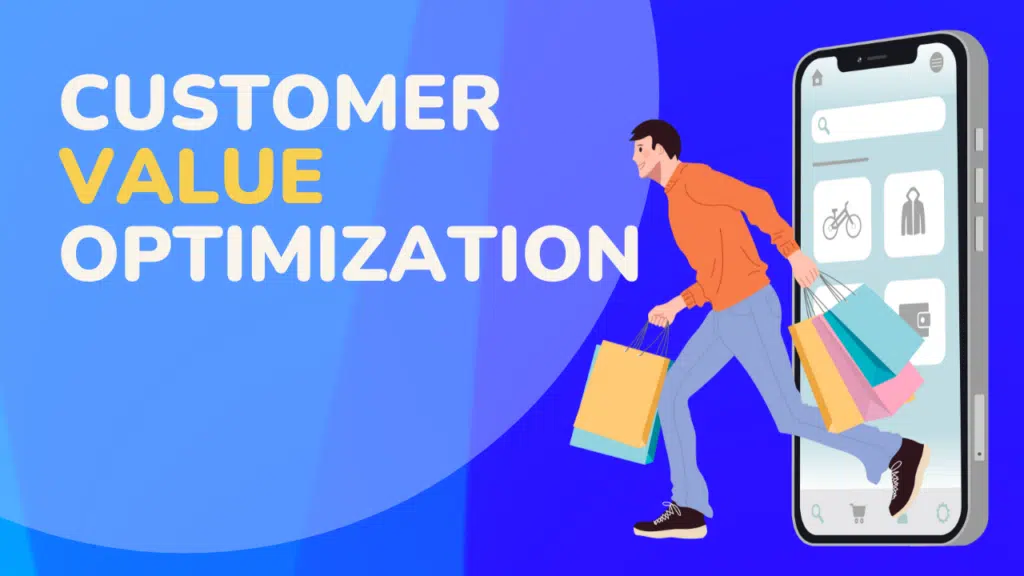
One of the terrors of written words is that once words are published, you can’t hide. Published words can haunt you FOREVER.
Even if you pull your copy, someone will have read your words and doubtlessly have made decisions in relation to what he or she read. This person may have decided that your website, had interesting information, continued to read and perhaps, recommended your product or service to a friend. However, the reader may have come to the conclusion that you are a complete idiot and that your website is doomed to a long lasting lack of readership, starting with said reader.
No one wants to be called a complete idiot.
And, none of us want to chase away visitors from our websites.
The power of words is truly terrifying.
So, how can we harness words to our advantage?
1. TREAT YOUR READERS AS IF THEY ARE STUPID.
Wow.
I am going to suffer for this one. It reads worse than it sounds when spoken, which leads to another good point: Written copy can have a bigger impact than the spoken word
It did catch your attention though, didn’t it?
I use the “readers aren’t bright” line when I tutor and work with college students on their essays. I love to watch their jaws drop.
The point of this is not that readers are stupid. The point is that readers cannot read minds. Readers can only read copy. If your website does not adequately explain your business in terms that your visitors can understand easily, you will loose $$$. Visitors should not have to “read between the lines” in order to figure out the benefits of your products or services. If you think that your visitors will “understand what you are trying to say,” your visitors probably won’t,
This is not to say that you should leave out technical jargon that is specific to your industry or insult your readers…
2. KEEP IT SIMPLE
This is closely related to “treat your readers as if they are stupid.” Keep it simple means that you should use simple sentences and simple words in these sentences. Simple does not mean boring and, as I said above, does not mean that you should exclude jargon related to industry.
People want to read materials that are easy to understand. Many make the mistake of thinking that using unusual words will make copy more interesting. However, instead of having interesting copy that entices readers, you have copy that leaves visitors scratching their heads. So, instead of reading “the buff canine worried the orb,” your copy should be “the brown dog chewed the ball.”
Remember that you are not writing poetry or descriptive essays.
3. AVOID EMPTY WORDS
The English language contains useless words that are commonly used in copy, such as “very,” “much,” “really,” and “things.” Your copy should be precise.
Consider this: “There are many exciting things about our service…”
Boring ! (Snore…) What THINGS?
“Our service’s exciting benefits include:” is much more involving, precise, and to the point.
And consider this: “We really think that you will enjoy our product very much”
It’s okay, but isn’t “We know our product will entertain you for years to come” more enticing?
4. STAY IN THE ACTIVE VOICE
The Passive Voice=Reader Boredom.
Copy with active verbs excites readers. “The boyfriend called the woman twenty times” is much more involving than “the woman was called twenty times by her boyfriend.
While the difference between “Our service is used by hundreds of people daily” and “Hundreds of people use our service daily,” might seem insignificant, if your copy is riddled with sentences in the passive voice, your copy is not as interesting as it could be.
Compare, for example:
Our service is used by hundreds of people daily. We are told by our users that our service helps to reduce costs. We are pleased with such positive feedback.
to:
Hundreds of people use our service daily. Our users tell us that our service helps to reduce costs. Positive feedback like this pleases us.
Your copy should include sentences in the active voice more frequently than sentences in the passive voice in order to maintain reader interest..
5. USE EXCITING WORDS
Keeping it simple does not mean encouraging your readers to fall asleep. Words have synonyms. Use synonyms for variety and to spike interest. For example, “the dog ran after the cat” could be replaced by “the Labrador chased the cat,” or “the Labrador galloped after the Persian cat.”
Which one of the following two sentences is more likely to catch a visitor’s eye?
“If you call us today, we will not only give you a rebate, we will give you our service at the same cost for an additional month.”
or
“If you call us right now, we will not only award you a rebate, we will honor the same low price for this amazing service for an additional thirty days.”
Just remember that you are not writing for a scholarly journal when you pick your synonyms, unless, of course, you are selling scholarly journals
This is the deal. Your website is the portal into the soul of your business. Written words are the only method that you have to lead visitors into becoming customers. Respect the power of words and use them to your advantage. The extra care in making sure that your ideas can not be only understood, but are also exciting, can have an impact on your bottom line. And remember, keeping it simple is not the same as keeping it boring.



